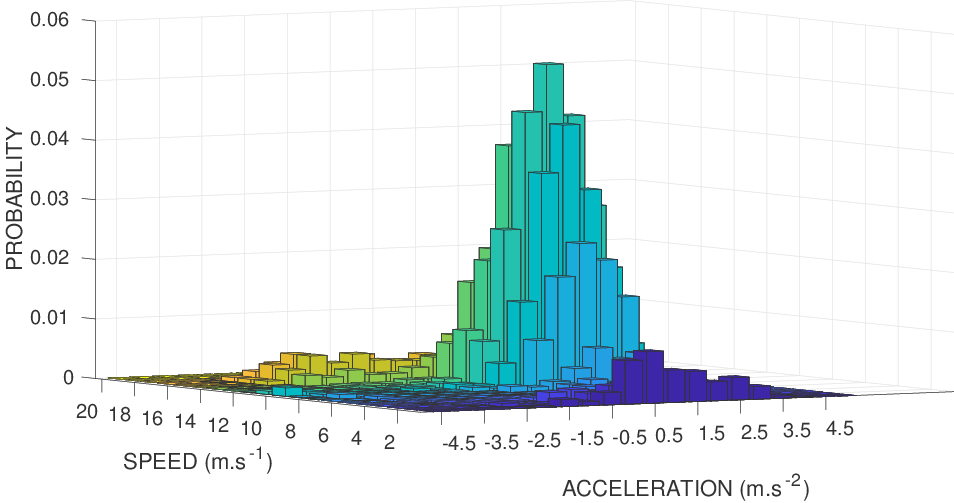Section: New Results
Optimal control of PDEs and stochastic control
Sufficient optimality conditions for bilinear optimal control of the linear damped wave equation
In [8] we discuss sufficient optimality conditions for an optimal control problem for the linear damped wave equation with the damping parameter as the control. We address the case that the control enters quadratic in the cost function as well as the singular case that the control enters affine. For the non-singular case we consider strong and weak local minima , in the singular case we derive sufficient optimality conditions for weak local minima. Thereby, we take advantage of the Goh transformation applying techniques recently established in Aronna, Bonnans, and Kröner [Math. Program. 168(1):717–757, 2018]. Moreover, a numerical example for the singular case is presented.
Variational analysis for options with stochastic volatility and multiple factors
In [3] we perform a variational analysis for a class of European or American options with stochastic volatility models, including those of Heston and Achdou-Tchou. Taking into account partial correlations and the presence of multiple factors, we obtain the well-posedness of the related partial differential equations, in some weigthed Sobolev spaces. This involves a generalization of the commutator analysis introduced by Achdou and Tchou.
Infinite Horizon Stochastic Optimal Control Problems with Running Maximum Cost
In [6] we analyze an infinite horizon stochastic optimal control problem with running maximum cost. The value function is characterized as the viscosity solution of a second-order Hamilton-Jacobi-Bellman (HJB) equation with mixed boundary condition. A general numerical scheme is proposed and convergence is established under the assumptions of consistency, monotonicity and stability of the scheme. These properties are verified for a specific semi-Lagrangian scheme.
A stochastic data-based traffic model applied to vehicles energy consumption estimation
In the framework of the PhD of A. Le Rhun, we present in [10] a new approach to estimate traffic energy consumption via traffic data aggregation in (speed,acceleration) probability distributions. The aggregation is done on each segment composing the road network. In order to reduce data occupancy, clustering techniques are used to obtain meaningful classes of traffic conditions. Different times of the day with similar speed patterns and traffic behavior are thus grouped together in a single cluster. Different energy consumption models based on the aggregated data are proposed to estimate the energy consumption of the vehicles in the road network. For validation purposes, a microscopic traffic simulator is used to generate the data and compare the estimated energy consumption to the reference one. A thorough sensitivity analysis with respect to the parameters of the proposed method (i.e. number of clusters, size of the distributions support, etc.) is also conducted in simulation. Finally, a real-life scenario using floating car data is analyzed to evaluate the applicability and the robustness of the proposed method.
Traffic modeling. Example of (speed,acceleration) distribution and illustration of clustering results with respect to day time. Slow traffic for yellow and purple clusters clearly corresponds to peak hours.




